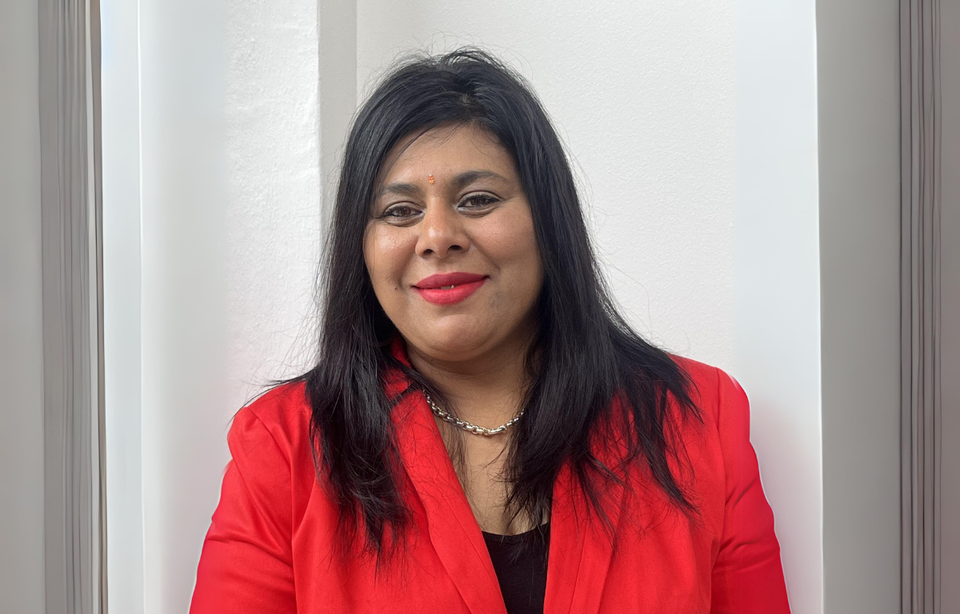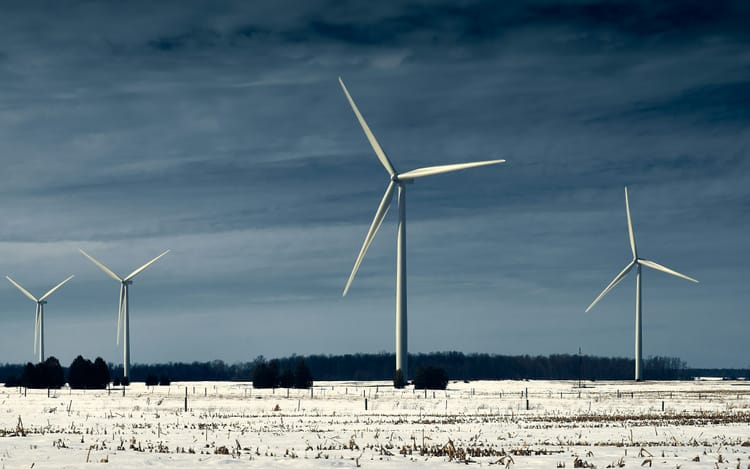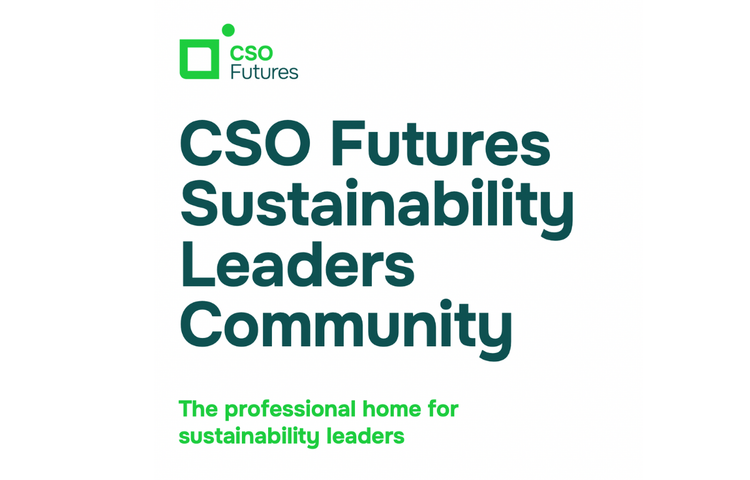Sibanye-Stillwater names mining sustainability veteran as new CSO

South African miner Sibanye-Stillwater has appointed Melanie Naidoo-Vermaak, an environmental manager with more than 20 years of mining experience, as its new Chief Sustainability Officer.
Naidoo-Vermaak started on January 1, reporting to CEO Neal Froneman and replacing Themba George Nkosi, who became Chief People and Culture Officer in October 2023, after a year and a half as CSO. Sibanye-Stillwater says the new appointment is a move to “further diversify and strengthen senior leadership” as the group grows and evolves.
The multinational gold miner, valued at US$5.8 billion, recently began diversifying its portfolio to produce lithium, nickel and platinum and other critical minerals necessary for the energy transition and vehicle electrification.
As part of its transition, it also has an increasing circular economy focus, recycling platinum group metals (PGM) and reprocessing mine tailings globally.
This is the second CSO appointment announced by a miner this week, signalling strong momentum for sustainability in the battery mineral supply chain.
Sibanye-Stillwater sustainability performance
In 2022, Sibanye-Stillwater employed 84,481 people and reported profits of US$1.2 billion, with 77% of revenue coming from “products that have a positive environmental utility” according to the FTSE Russell green revenue factor.
Naidoo-Vermaak was previously leading sustainable development at Harmony Gold Mining Company in Johannesburg for 14 years. Before that, she held environmental management positions at South Africa’s power company Eskom and mineral research firm Mintek, as well as mining firms Anglo American, BHP Billiton and DeBeers.
In her new role, she will support the company on its path to achieving its SBTi- approved 2025 target of reducing Scope 1 and 2 emissions (which make up more than 85% of its carbon footprint) by 27.3%, from a 2010 baseline.
Between 2021 and 2022, the company reduced Scope 1 emissions by 1.5% (8,000 tonnes of CO2e) and Scope 2 (market-based) emissions by about 9% (615,000 tonnes).
Reducing Scope 2 emissions remains challenging in South Africa
In 2022, almost 80% of Sibanye-Stillwater’s emissions stemmed from electricity consumption, almost exclusively in South Africa, where the national power utility Eskom has a monopoly on power generation – and sources most of it from coal. This is limiting the company’s ability to reduce Scope 2 emissions in the country (an issue also faced by NTT’s Chief Sustainability Officer Nicky Bullivant).
However, amendments to South Africa’s electricity regulation are making it easier to develop renewable energy projects, so Sibanye-Stillwater expects to make progress in Scope 2 reduction in the coming years.







Member discussion